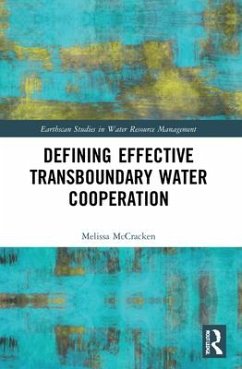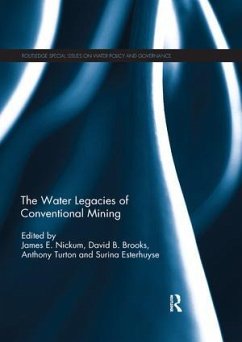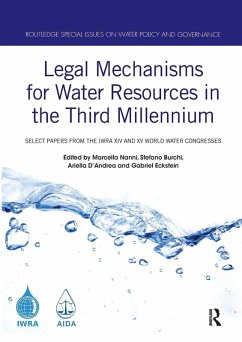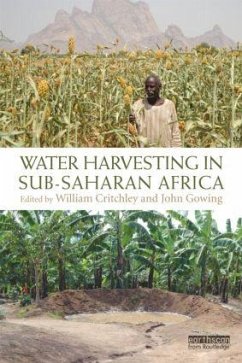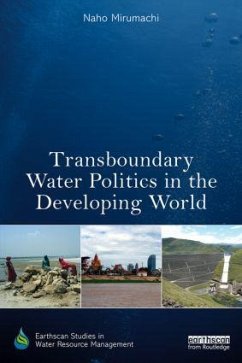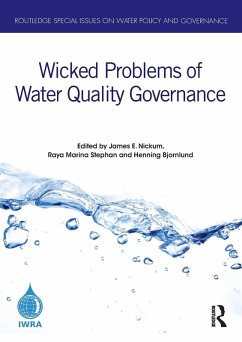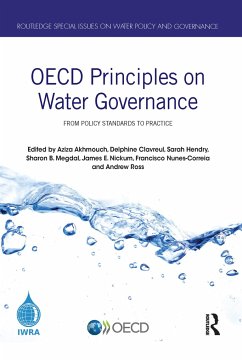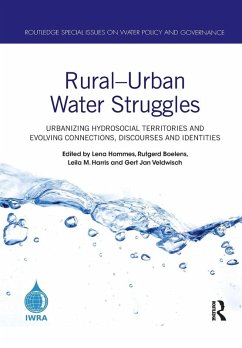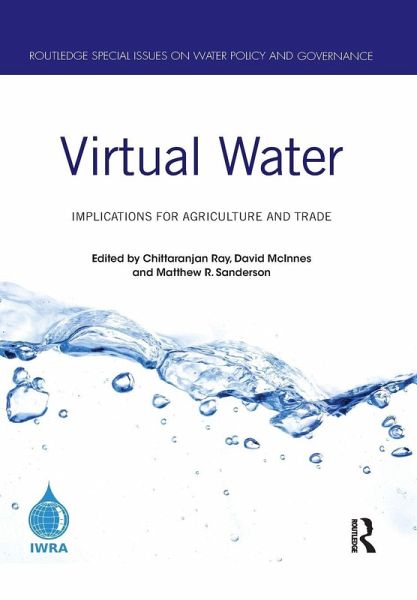
Virtual Water
Implications for Agriculture and Trade
Herausgeber: Ray, Chittaranjan; Sanderson, Matthew; McInnes, David
Versandkostenfrei!
Versandfertig in 1-2 Wochen
55,99 €
inkl. MwSt.
Weitere Ausgaben:

PAYBACK Punkte
28 °P sammeln!
Virtual Water explores the role of "virtual water" - the water embedded in a product - in ongoing conversations of agriculture, trade and sustainability in an increasingly inter-connected world. A pervasive theme throughout the book is the general lack of knowledge of the use of water in producing and consuming food. The chapters, arising from a workshop supported by the OECD Co-operative Research Programme: Biological Resources Management for Sustainable Agricultural Systems, on virtual water, agriculture and trade at the University of Nebraska-Lincoln, consider questions of gaps in knowledge...
Virtual Water explores the role of "virtual water" - the water embedded in a product - in ongoing conversations of agriculture, trade and sustainability in an increasingly inter-connected world. A pervasive theme throughout the book is the general lack of knowledge of the use of water in producing and consuming food. The chapters, arising from a workshop supported by the OECD Co-operative Research Programme: Biological Resources Management for Sustainable Agricultural Systems, on virtual water, agriculture and trade at the University of Nebraska-Lincoln, consider questions of gaps in knowledge, why sustainability matters and the policy implications of virtual water trade. Contributors show how water is a lens through which to examine an array of vital issues facing humanity and the planet: human and animal health; food production; environmental management; resource consumption; climate change adaptation and mitigation; economic development, trade and competitiveness; and ethics and consumer trust. Virtual Water will be of great interest to scholars of water, resource management and consumption, the environmental aspects of development, agriculture and food production. It originally published as a special issue of Water International.






